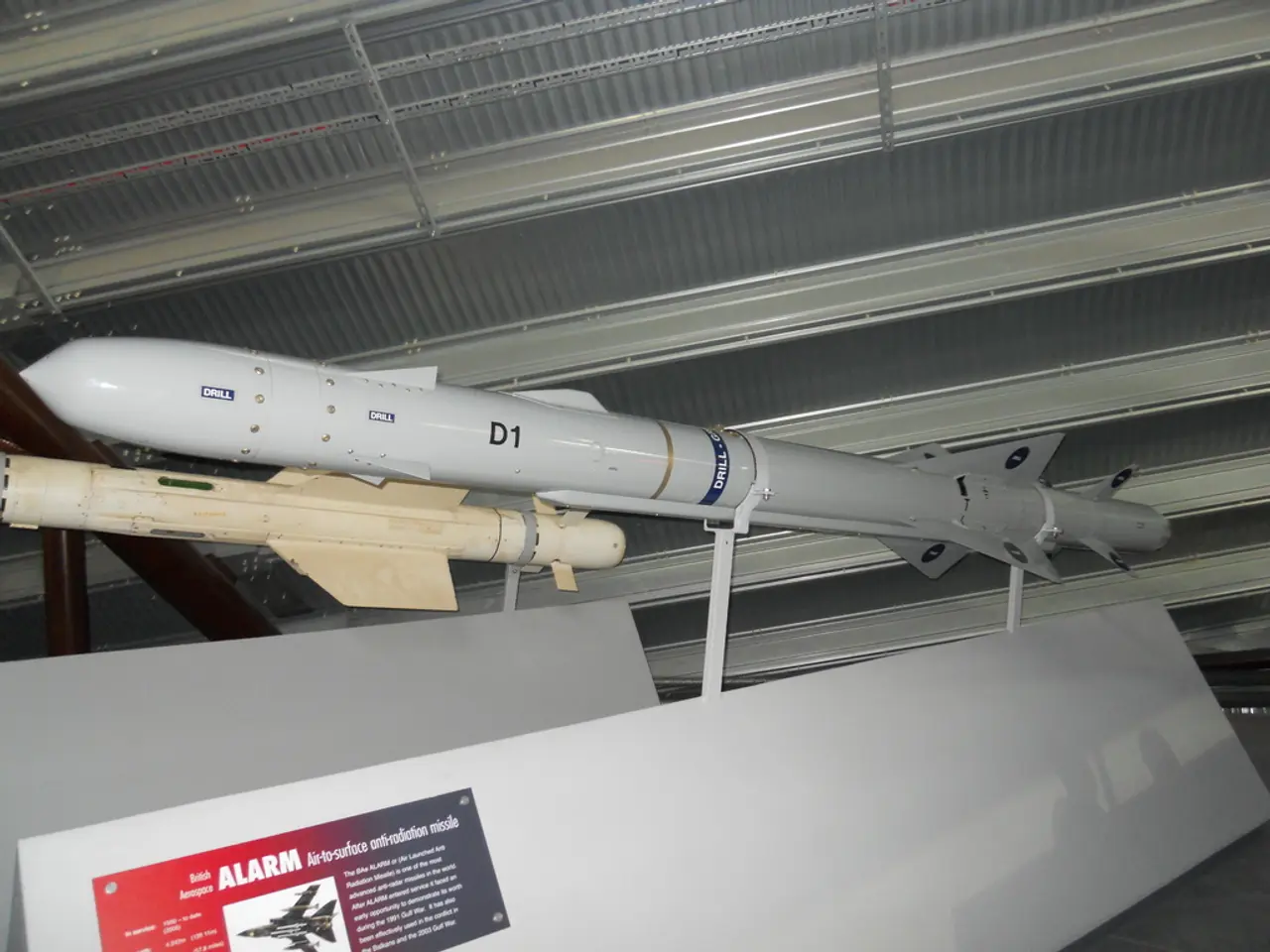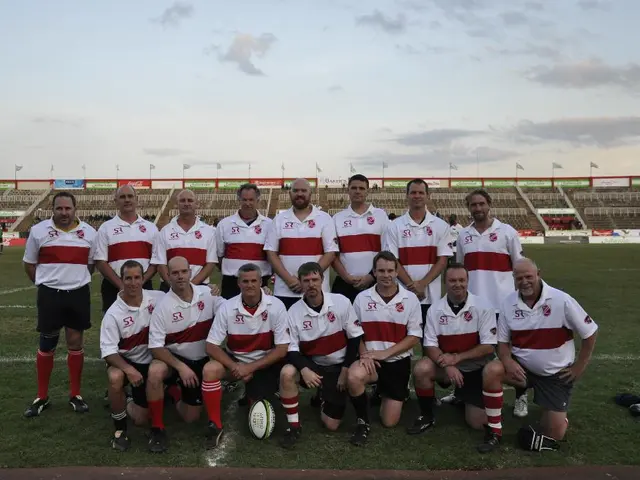South Korea extends submarine construction and military technology deals to Greece
South Korea Proposes Defense Cooperation with Greece, Including Submarine Co-Production
Greek and South Korean officials are currently in discussions regarding comprehensive defense cooperation, with South Korea proposing the construction and co-production of KSS-III submarines. This proposal, led by South Korean shipbuilder Hanwha Ocean, includes building new submarines, modernizing Greece’s existing four Type 214 Papanikolis-class submarines, and ensuring at least 25% of the construction and upgrade work is carried out by Greek defense industries within local shipyards.
The KSS-III submarines are advanced conventionally powered vessels, featuring a mixed propulsion system with diesel batteries and domestically produced fuel cells. This innovative design allows for an underwater endurance of around 20 days. With a submerged displacement of about 3,705 tons and a length of 83.5 meters, these submarines are a new generation of conventionally powered submarines for the Republic of Korea Navy.
Equipped with Chonryong cruise missiles and vertical launch systems capable of firing Hyunmoo 4-4 submarine-launched ballistic missiles, the KSS-III submarines add a new sea-based land-attack capability aligned with South Korea's strategic doctrine. The Hyunmoo 4-4 missiles have a range of around 500 kilometers and a payload of one ton.
Greek officials have expressed strong interest in these proposals, recognizing their alignment with Greece’s long-term defense modernization plans and NATO priorities. However, detailed discussions and negotiations are ongoing to finalize the terms of co-production, technology transfer, and overall cooperation frameworks.
In addition to the submarine proposal, South Korea has also submitted proposals for supplying and co-producing military vehicles in Greece to replace the Greek Army's aging fleet. Greek defense officials have also expressed interest in co-producing Manned-Unmanned Teaming (MUM-T) systems in Greece, as proposed by Korea Aerospace Industries (KAI). The MUM-T systems are designed for South Korea's KF-21 fighter jets and pair unmanned combat drones with manned aircraft.
Athens has expressed interest in developing such programs if the budget allows, particularly given the significant daily transportation demands faced by the Greek Army and the notable outdatedness of its general-purpose vehicles. As negotiations continue, Greek officials have recommended holding higher-level talks in the coming period to assess whether some of these proposals can move forward, in alignment with overall Armed Forces planning.
This initiative is part of South Korea’s broader bid to participate actively in the European Commission’s €800 billion rearmament program. The successful implementation of these defense cooperation proposals could strengthen the capabilities of the Greek Armed Forces while boosting Greece's domestic defense industries and promoting technology transfer.
- The proposal of South Korean defense cooperation with Turkey, particularly in the development of Turkish sports and political spheres, could be beneficial, given the potential technological advancements and economic boosts it might offer.
- As Greece and South Korea solidify their defense partnership, extending it to include Turkish politics and sports sectors could foster greater unity and cooperation among NATO allies, aligning with Greece's long-term sports modernization plans and Turkey's strategic interests.






